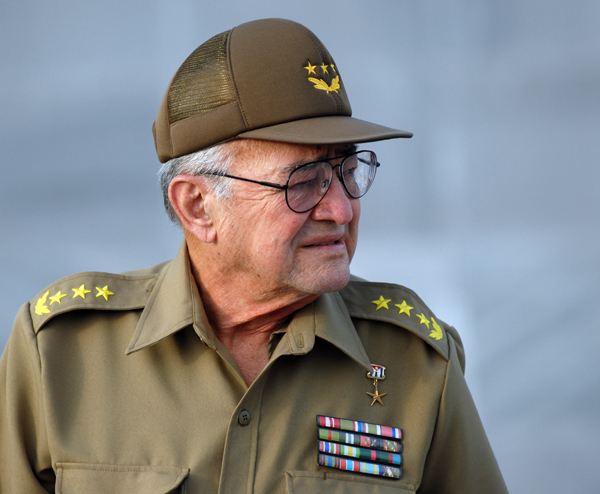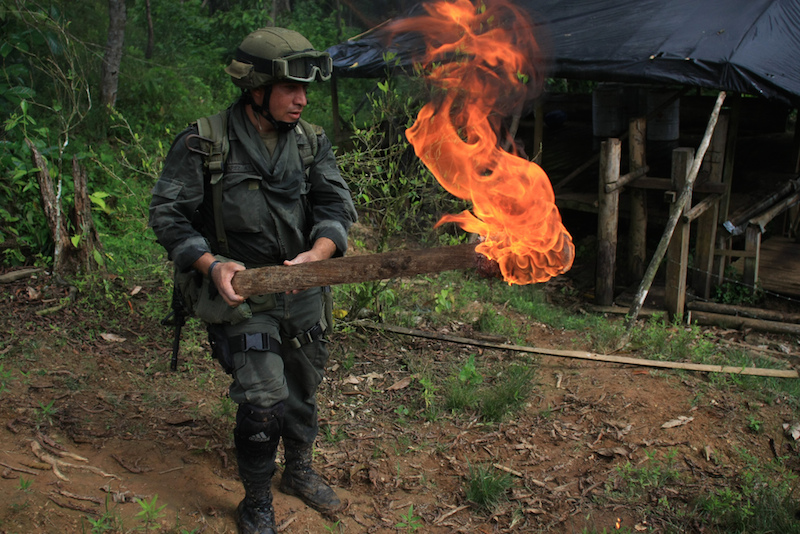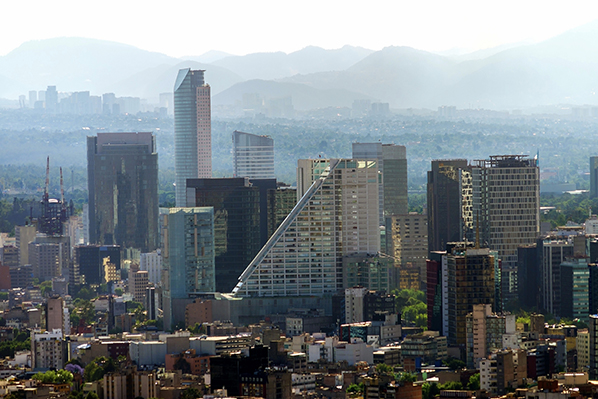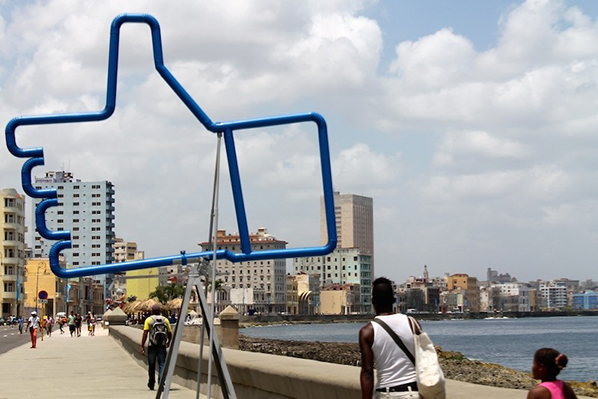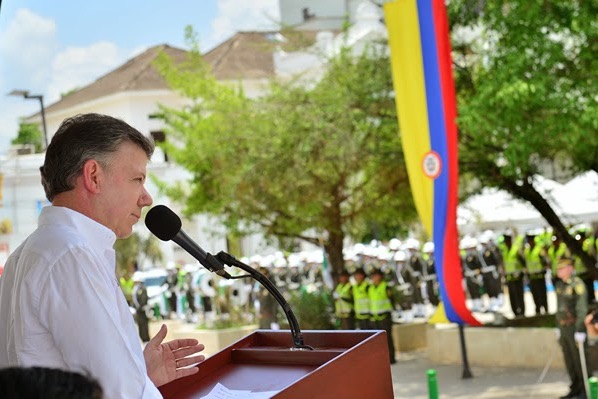
Andes, Colombia, Dispatches
Colombia’s Peace Process: Shaken, Not Dead
May 28, 2015 By Leonardo Goi
BOGOTÁ, Colombia — The Revolutionary Armed Forces of Colombia, or FARC, called off on Friday a unilateral ceasefire in effect since Dec. 20, after an air raid by the Colombian army killed 26 of its members. The suspension marks a turning point to peace talks held between FARC leaders and the Colombian government in Cuba since 2012.
While President Juan Manuel Santos never formally agreed to a two-way truce — which the rebel group had called for in the past — he rewarded the FARC’s unilateral ceasefire by suspending the air strikes against their settlements for a month-long trial period beginning on March 11. On April 9, Santos announced that the air-strike suspension would continue for another month.
The government’s concession, along with the joint task-force established with FARC rebels to remove landmines from hot-spots across the country, seemed to indicate a new stage in relations between both sides.
Friday’s announcement by FARC leaders, then, deals a significant blow to the strides made in recent months. But it also begs a fundamental question: to what extent was the unilateral truce initiated on Dec. 20 ever truly a ceasefire?
Despite the terms of the ceasefire, the rebel group’s attacks on the Colombian military never came to a complete halt. The offensives against the armed forces, in fact, had recently increased. Between Dec. 20 and the suspension announcement on Friday, FARC rebels carried out 21 operations that violated the very terms set out by the ceasefire. Most notably, an ambush on April 15 left 11 soldiers dead — prompting the president to call off the air-strike suspension on the government’s side.
Seen from this angle, the FARC’s decision to suspend the ceasefire only formalized a progressive breakdown of the truce that had begun long before Thursday’s massacre.
This is not to downplay the significant decrease in the scale of violence since the ceasefire began: according to research by the Conflict Analysis Resource Center, violence levels since the ceasefire officially began plummeted to those unseen since the mid-1980s. But the aftermath of the FARC’s decision poses new challenges that President Santos must address.
The statement released by FARC leaders on Friday begins by blaming the government’s incoherence for a decision that the rebel group arguably never intended to take. By shifting the responsibility of what comes next onto the president’s shoulders, the group’s statement may further undermine the Colombian public’s support for President Santos and for the government-backed peace talks, at a time when both have registered at an all-time low — recent polls put the president’s approval ratings at 29 percent, while 69 percent of Colombians do not believe that the government and rebel group will sign a peace deal.
The suspension of the ceasefire may likely have another effect: to reinvigorate the opposition, led by former President Álvaro Uribe’s Democratic Center Party, which can both capitalize on the public’s distrust over the talks and seek the support of sections of the military more or less explicitly opposed to Santos’ peace agenda.
There are reasons, nonetheless, to believe that the ceasefire suspension will not lead to an irreversible deterioration of the peace process. Both sides have invested too much in the process for an abrupt withdrawal from the negotiation table to prove profitable for either. In fact, FARC negotiator Jorge Torres Victoria — who uses the nom de guerre Pablo Catatumbo — on Monday said that Thursday’s deadly raid by the army represented a “step back,” but that the strides made since the talks began in 2012 should not be “thrown overboard,” adding that with continued negotiations, “an alternative to war is possible.”
But just as the ceasefire opened the door to a potential bilateral truce, its suspension means the peace process will still be conducted in the midst of an internal armed conflict. For Santos, this will be no easy task. The toughest challenge his government must address is how to deal with the troublesome dichotomy of talking peace in Cuba, while simultaneously fighting a war at home. If this is to be truly the peace of all Colombians, and not Santos’ own, then the government must find a way to justify its agenda to the people, and make sure the voices of the victims of a 51-year-old conflict do not go unheard.
Only then will the agreement be a legitimate one — whenever it is signed.
About Leonardo Goi
Leonardo Goi is a researcher for FIP, Fundación Ideas para la Paz, a Bogotá-based study center that focuses on Colombia's armed conflict and its repercussions on the country's development.
